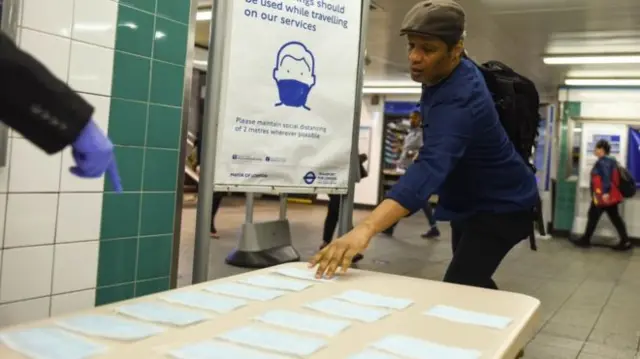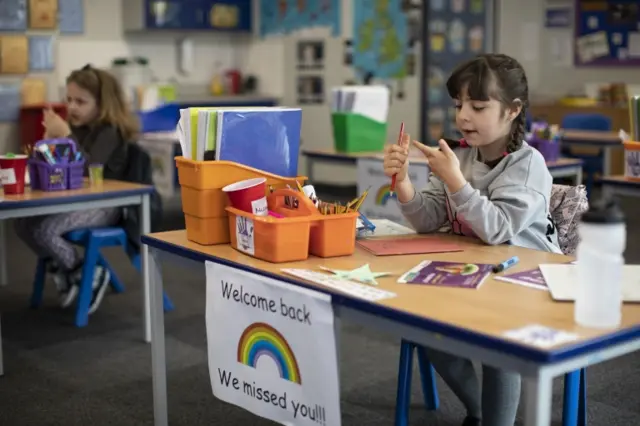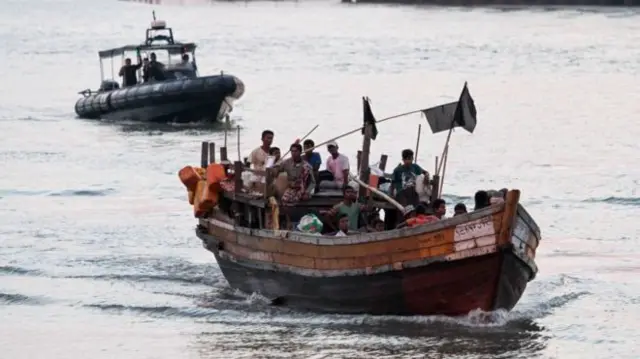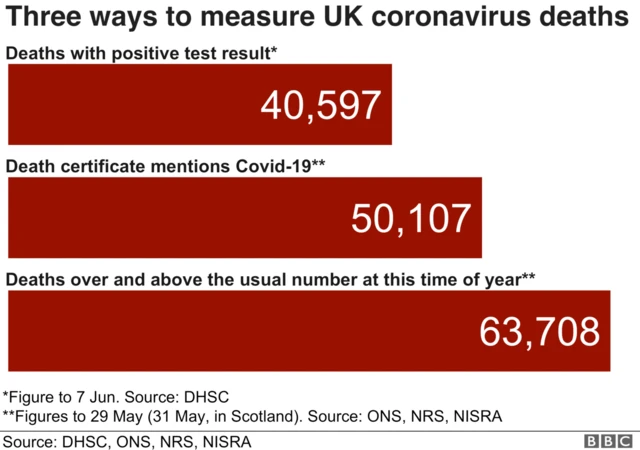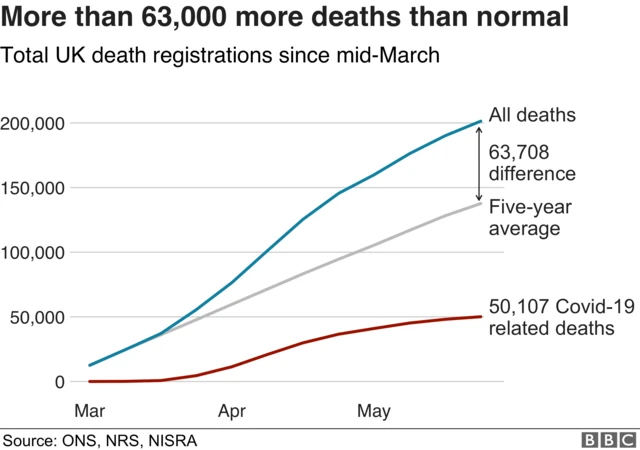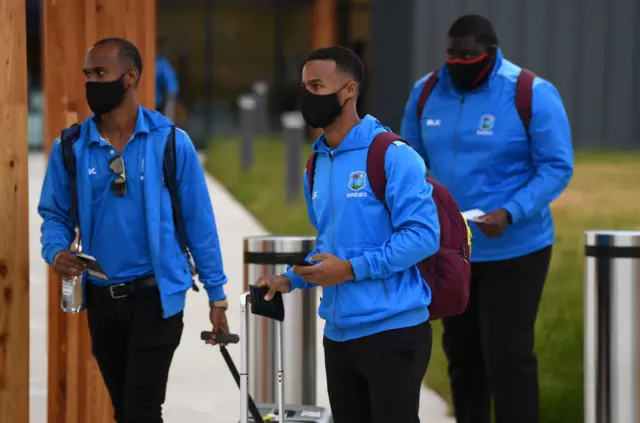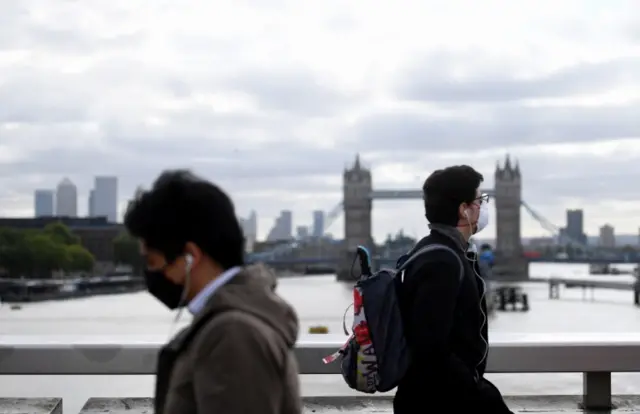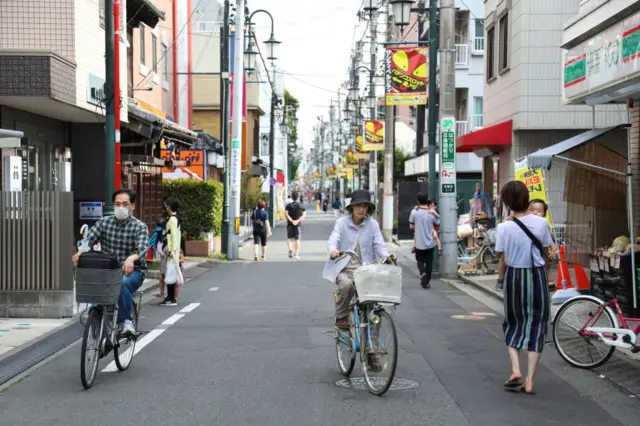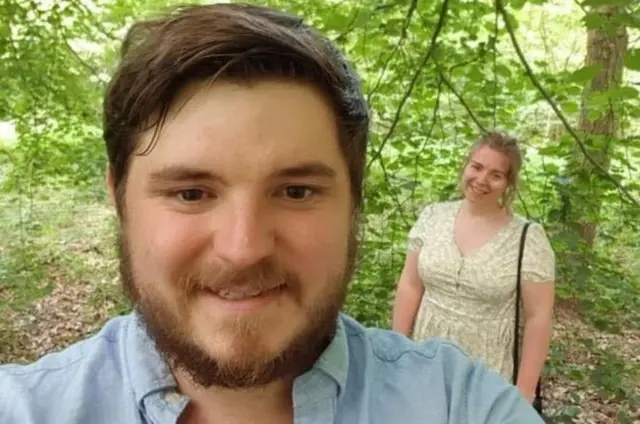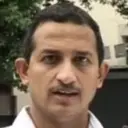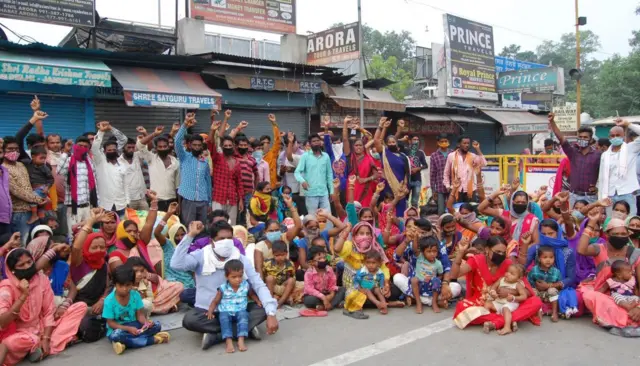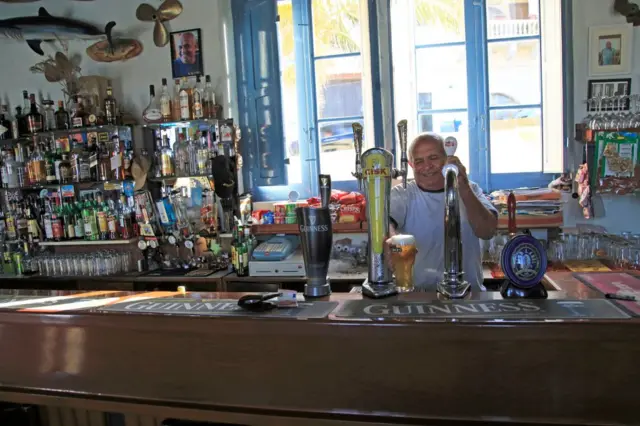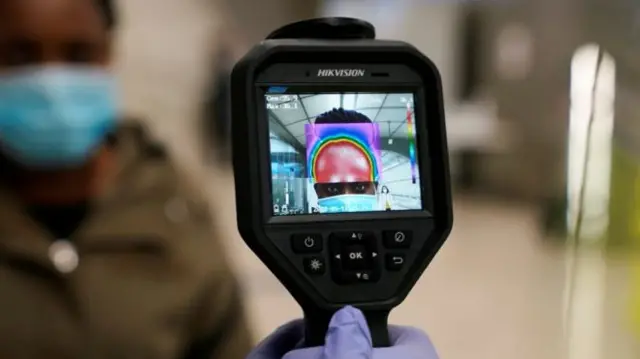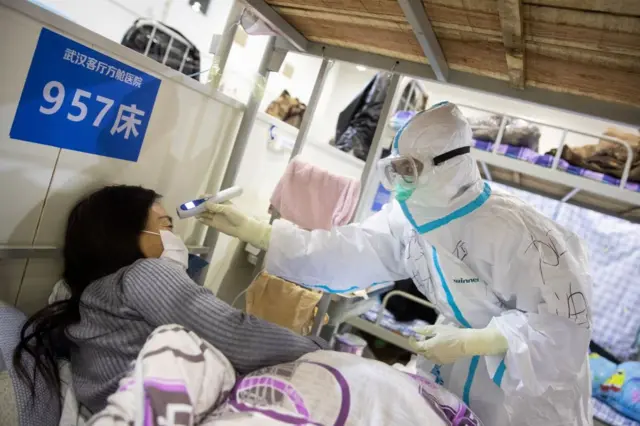Seven further deaths from Covid-19 in Scotlandpublished at 13:42 BST 9 June 2020
There have been a further seven deaths of people who tested positive for coronavirus in Scotland - but First Minister Nicola Sturgeon says the figures show "further indication of a clear downward trend".
Speaking at Scotland's daily briefing, she said a total of 15,653 people have now tested positive for Covid-19, an increase of 14 from Monday.
There were 1,011 patients in hospital with a suspected or confirmed case - down 31, with 21 being treated in intensive care.
There have been a total of 2,422 deaths.
There had been two consecutive days of zero deaths registered - but Sturgeon says the new figures are "not a surprise" given the lag in registering deaths at weekends.
Last Tuesday 12 deaths were reported.
